Agencia Salvadoreña de Prensa Socialista ( SALPRESS )
Solidarizando con la luchas de las Organizaciones de Masas
de los pueblos del mundo.
Nuestra solidaridad incondicional
con el movimiento estudiantil de Canada
y con la organizaciones estudiantiles
y con la organizacion C.L.A.S.S.E
la Union Consecuente de Estudiantes Universitarios
Agencia Salvadoreña de Prensa Socialista
( SALPRESS ).
MONTREAL - An attempt to find a solution to the Quebec student crisis has fallen apart, opening up a vast range of potential implications that could be felt from the street to the ballot box.
After four days of negotiation, the provincial government and student groups announced Thursday that their talks had gone nowhere.
There had been speculation that if this latest attempt at negotiation failed the provincial government might call a snap election and ask Quebec voters to help settle a dispute that has made international news.
Premier Jean Charest said that day will indeed come — but he downplayed its imminence. The government is into the fourth year of its mandate and must head to the polls by late 2013.
"Ultimately there will be an election within 18 months," Charest told reporters. "It will happen in a democratic context that will allow us to state our case on these issues."
It would be Charest's fifth election as a provincial politician, if he ran again. He is already positioning the tuition hikes as a central issue of any future vote.
And he suggested that the voters of Quebec might not take their cue from the red-square-wearing protesters who have been in the streets every day for months, even inspiring fellow demonstrators outside the province and country to join their case.
"It's up to the silent majority to express itself," Charest said, before repeating: "There will be an election within 18 months."
One of his principal opponents, Francois Legault of the Coalition For Quebec's Future, suggested the premier should calm tensions by announcing plans to hold an election in the fall.
In the meantime, both the government and student groups said they were willing to speak again if the other side was ready to make an offer.
The students had issued a mild threat to walk away from the negotiating table early in the day Thursday. But surprisingly, it was Education Minister Michelle Courchesne who announced talks had been suspended because of what she described as an "impasse."
The students later confirmed to reporters that talks had broken off — against their wishes, they said.
They said the government had offered nothing except for a $35 discount on tuition hikes, and was unwilling to rescind a controversial law that sets limits on protests.
They said the government appeared more concerned with political optics than with finding a solution. However, they said they're willing to go back to the negotiating table whenever the government wants.
"We're still here. We're always ready to negotiate," said one of the four main student leaders, Martine Desjardins.
"We'll wait."
What's next: More street protests. The student leaders announced plans for a major weekend protest, more pot-banging marches, and said they would use high-profile international summer festivals starting with next week's Formula One car race to raise awareness of their cause.
Some protesters, supported by the online activist group Anonymous, have even announced plans to disrupt Montreal's Grand Prix; they appear to have already targeted its customers online. The city also hosts international jazz, comedy and francophonie festivals that drive the summer economy.
Quebec's student protests have lasted more than 100 days, caused social unrest, and made international news.
One prominent protester, Gabriel Nadeau-Dubois, said the government never wanted a deal: "It was bad faith from the start."
Opponents of the Charest government have repeatedly accused it of letting the protests fester for its own political benefit. Polls suggest the deeply unpopular government — now in the fourth year of its mandate — actually has considerable public support for its tuition hikes.
However, some of that advantage may have been blunted by the introduction of a controversial emergency law that has triggered larger protests, featuring older and more diverse crowds, that have spread outside Quebec into other Canadian cities and even abroad.



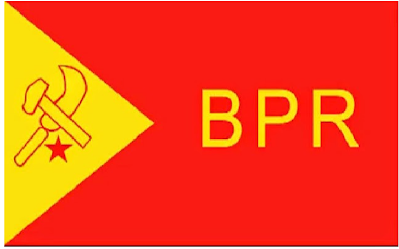







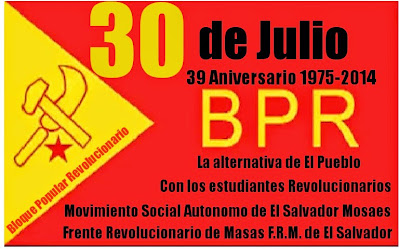







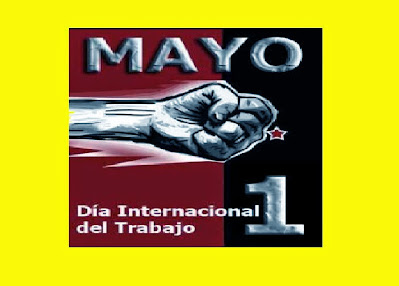

















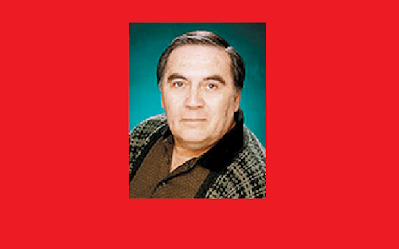






























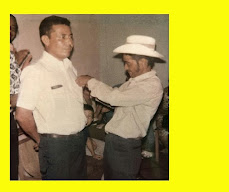








![Maestra Melida Anaya Montes [ Ana Maria ] Con la Fusion en el FMLN Traiciono al Proletariado](https://blogger.googleusercontent.com/img/b/R29vZ2xl/AVvXsEikV8GpE6suMbwZ8IUIxhKmoKOikk8PLBIBlEN45EGHAFpQkgkYEMYD_wlYn-zI7QBw2PkizM7cKvqFwjoRB-1Zd6Jm-o-P3vUxi2XXAUMRUXdroqKkLRMmDJFJejYo2z3pDCCzqB_sEGOS/s229/ana.jpg)




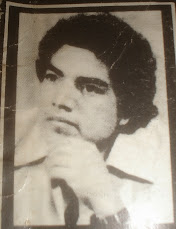


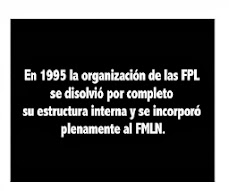
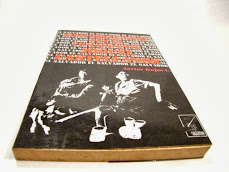


































![36 años de impunidad en asesinato de Andres Torres Sanchez [ Toño ]](https://blogger.googleusercontent.com/img/b/R29vZ2xl/AVvXsEhL9FwGvdbrHK3CdPL0T8T00yob7kMxKL77zdygFzZgNixrp6UTRdTB8nycjJncxydFSetDobD06RdlpodaTHPWbHkYWfX7T7pemZagNoJqFKgtqPTDaGis1oGfjxqXBzK6noVMy5x1EaaF/s238/mis+fotografias+el+salvador+tono.jpg)















No hay comentarios:
Publicar un comentario